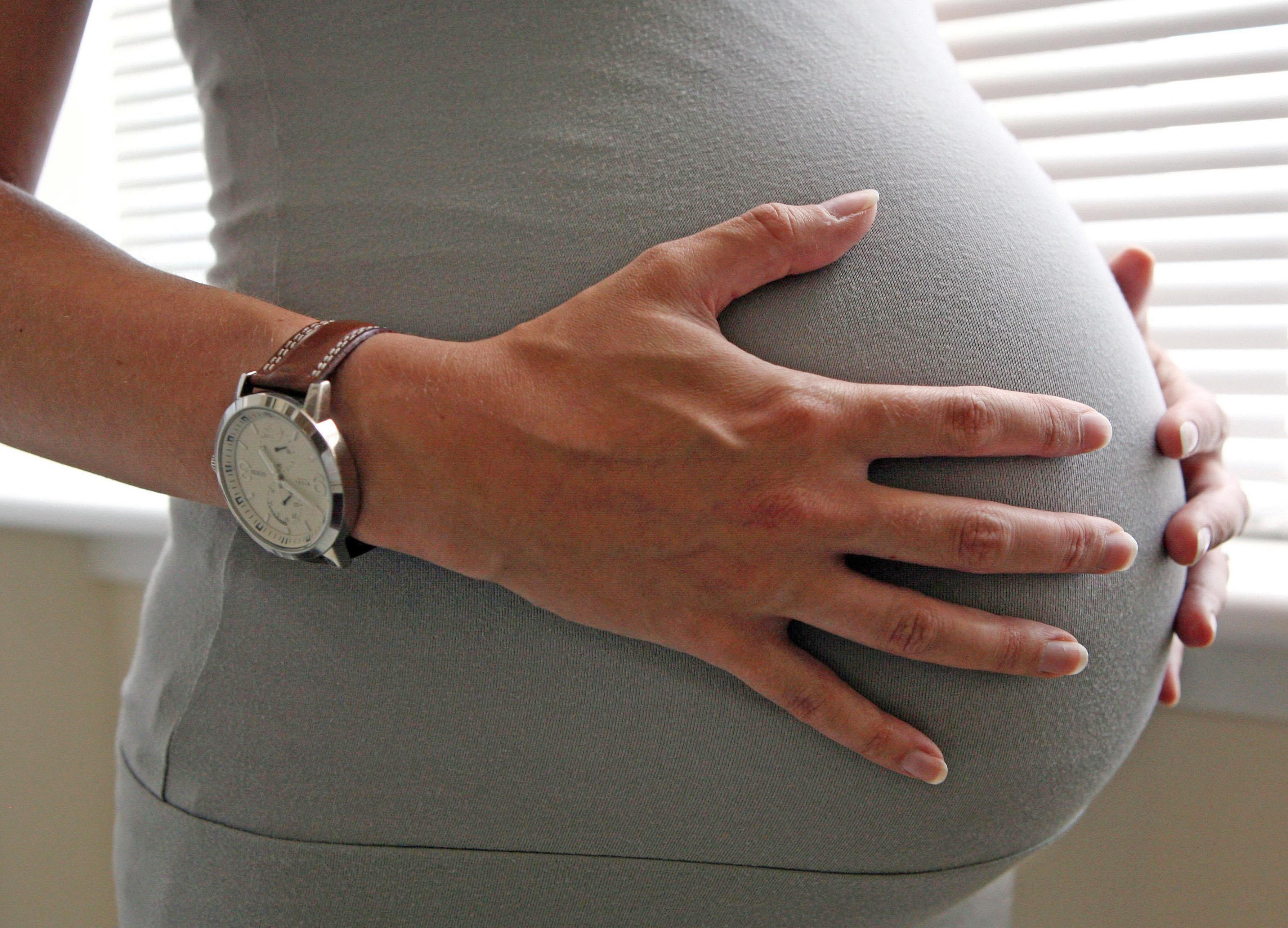Half of women have not had children by 30th birthday for first time
Number of women who do not have a child when they turn 30 up 32 percentage points in 50 years

Your support helps us to tell the story
From reproductive rights to climate change to Big Tech, The Independent is on the ground when the story is developing. Whether it's investigating the financials of Elon Musk's pro-Trump PAC or producing our latest documentary, 'The A Word', which shines a light on the American women fighting for reproductive rights, we know how important it is to parse out the facts from the messaging.
At such a critical moment in US history, we need reporters on the ground. Your donation allows us to keep sending journalists to speak to both sides of the story.
The Independent is trusted by Americans across the entire political spectrum. And unlike many other quality news outlets, we choose not to lock Americans out of our reporting and analysis with paywalls. We believe quality journalism should be available to everyone, paid for by those who can afford it.
Your support makes all the difference.Half of women in England and Wales had not had a baby by their 30th birthday for the first time ever in 2020, according to official figures.
Data published by the Office for National Statistics (ONS) on Thursday reveal the number of women who do not have a child by their 30th birthday has increased by 32 percentage points in 50 years.
Levels of childlessness by the age of 30 have been steadily rising since a low of 18 per cent for women born in 1941, and statisticians say lower levels of fertility in those currently in their twenties indicate that this trend is likely to continue.
The ONS data also reveals that, while the average number of children born to a woman has been below two for women born since the late 1950s, women who have recently come to the end of traditional childbearing years are more likely than their mothers’ generation to have only one child or none at all.
Average family size has decreased, the ONS figures also reveal – 37 per cent of women born in 1975 have two children, compared with 44 per cent of those born in 1949.
For those born in 1975, 27 per cent had three or more children and 17 per cent had only one child, compared with 30 per cent and 13 per cent respectively, for their mothers’ generation.
The standardised mean age of a mother, which has been increasing since the mid-1970s, reached a record high of 31 years in 2019 and 2020.
Join our commenting forum
Join thought-provoking conversations, follow other Independent readers and see their replies
Comments